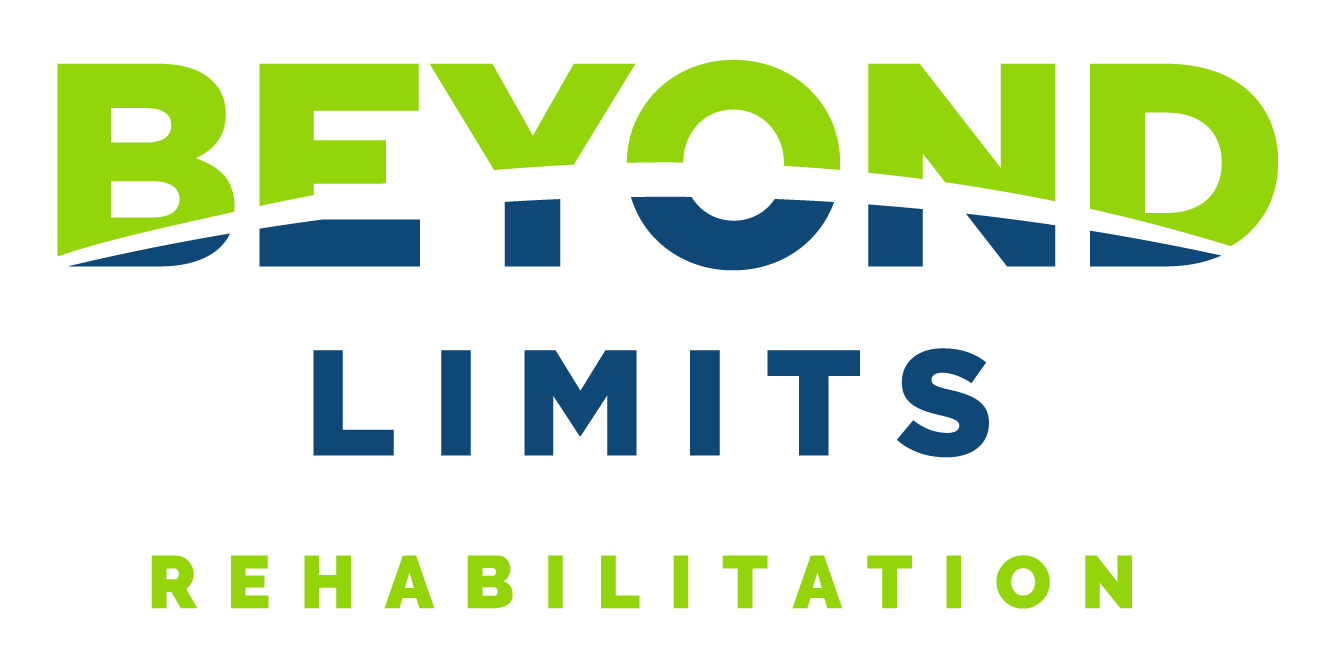Beyond Limits Rehabilitation observes March as Multiple Sclerosis Awareness Month. Our rehabilitation team believes promoting awareness of Multiple Sclerosis (MS) begins with knowledge of the disease. MS affects the central nervous system by removing cells which protect and insulate the nerve cells in the brain and spinal cord. Any nerve in the brain and spinal cord is subject to damage. Since each of the hundreds of thousands of nerve cells and pathways in the brain and spinal cord have a very specific job, the symptoms of MS vary greatly from one person to another.
Optic neuritis, which can cause reduced vision and pain in one eye, is often the first symptom of MS. Other common symptoms include abnormal, absent, and painful sensations in the arms or legs. Since the brain coordinates our senses and movement, balance problems are also common. Cognitive function, articulation, and swallowing can be affected as well, resulting in mild to severe confusion, slurred speech and weight loss. Some patients also experience symptoms involving bowel and bladder control, which can be embarrassing. Muscle spasms, weakness, or dyskinesia (lack of coordination) may also occur. Any function controlled by the brain or spinal cord can potentially be impaired by MS.
Treatments for MS are limited, and there is no cure. Some medications have been proven to slow the decline in function, but MS is a progressive neurological disorder which typically worsens disability as the years roll on. The level of disability caused by MS is quite variable from mild to severe. There is no medication yet proven to reverse the damage done to the neurons by MS. The good news is that focused rehabilitation can result in the strengthening of muscles and improved coordination to reduce some of the disability caused by MS as well as provide environmental and compensatory solutions to increase safety and function.
Rehabilitative services for MS can be challenging for the therapy team, as each patient is so unique. The team here at Beyond Limits, comprised of physical, occupational and speech therapists, work to identify each patient’s specific impairments and focus on the most vital to restoring and/or maximizing function. While treatment plans aim to take advantage of neuroplasticity (the ability of healthy neurons to assume the job of damaged neighboring neurons) to regain function, our team will also identify how compensatory and energy conservation strategies may be utilized to improve function and independence. For one patient, the goal may be to safely walk with a cane instead of a walker, and for another it may be to regain hand function to allow a patient to return to cooking or gardening activities. Our engaged, team-oriented approach enables us to develop the most effective rehabilitation strategies to help patients perform at their highest level of independence and safety.
Beyond Limits Rehabilitation specializes in MS rehabilitation. Our team members all have experience treating this disease. Through our uplifting rehabilitation process, we empower patients to take charge of their rehab goals, conquer their fears and overcome their limitations to live their lives fully. Our lead MS PT, Andy Beardslee, PT, MSCS, has earned an additional certification as a Multiple Sclerosis Certified Specialist. It is rare to find a PT in Southwest Ohio with this distinction, certified by the Consortium of Multiple Sclerosis Centers. Andy has worked closely with the National Multiple Sclerosis Society for over a decade. He has been recognized by the MS Society as a Partner in Care, meaning they have identified Andy as their recommended physical therapy provider for people with MS in the Greater Cincinnati area. Andy is supported by the interdisciplinary team at Beyond Limits Rehabilitation to provide comprehensive care to our patients with MS.
We encourage you to connect with us and/or the MS Society for more information about programs available to people with multiple sclerosis. MS Awareness Month would also be an opportune time to consider donating financially to the MS Society, or to volunteer to assist in some of their programs. Your support would be appreciated!





